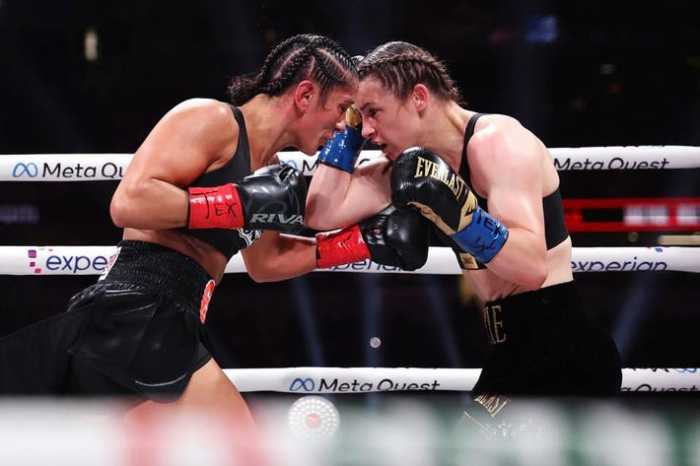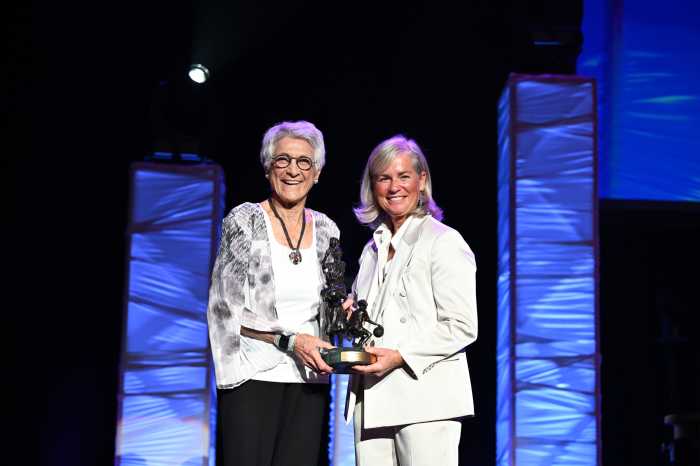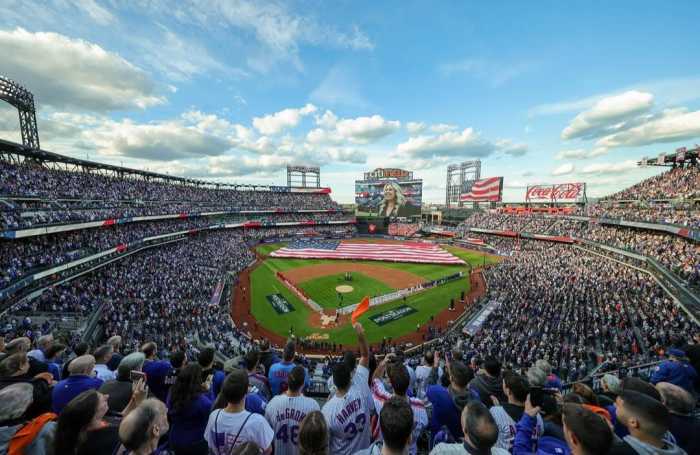If someone won’t let you join their club, you go ahead and make your own. Not only is that the story of America, it is also the story of the Negro League.
Now baseball and history buffs in Queens will get a chance to see for themselves the early days of African-American baseball with a new exhibit coming soon to the Elmont Memorial Library.
“Pride and Passion: The African-American Baseball Experience,” a traveling exhibition chronicling the history of baseball’s Negro Leagues and successes of African-American baseball players, comes to the Elmont Memorial Library from December 15 until February 11, 2011.
Based on the exhibition of the same name on permanent display at the National Baseball Hall of Fame and Museum in Cooperstown, New York, the two-month showing will encompass a 1,000-square-foot exhibit, reception, guest speakers and other special features to be announced, all free and open to the public.
“We are delighted to have been selected as one of only two New York State sites for this exhibition,” said Maggie Gough, Elmont Memorial Library Director. “Players in the Negro leagues were some of the most talented and inspiring sports figures of their day.”
In the 1880s, more than 30 African-Americans were on teams in baseball’s major and minor leagues, however, they were banned during the 1887 season. From that time until Jackie Robinson broke the color barrier in 1947, baseball was a segregated sport.
But before Robinson, black baseball had its own successful league featuring players such as Josh Gibson, Oscar Charleston, James “Cool Papa” Bell and Satchel Paige. They barnstormed around the country for decades eventually becoming legends in their own right.
And according to Gough, the Negro leagues even had innovative ideas like “night games” long before the major leagues.
“The Kansas City Monarchs, a Negro league team, was the first to develop a successful lighting system for night games, five years before Major League Baseball played its first night game,” she said. “The Monarchs carried their own generators and light stands with them on the road.”
Visitors will hear stories such as this and also see the artifacts that go with them at the exhibit. It is all in an effort to expose the public to this wonderful side of the history of baseball and the pride of the African-American community.
“The exhibition tells many more remarkable stories of players and teams who were shut out of major league baseball, but persevered in a sport they loved,” said Gough.
For more information, call the Elmont Memorial Library at 516-354-5280 or visit them on the web at www.nassaulibrary.org/elmont.



































